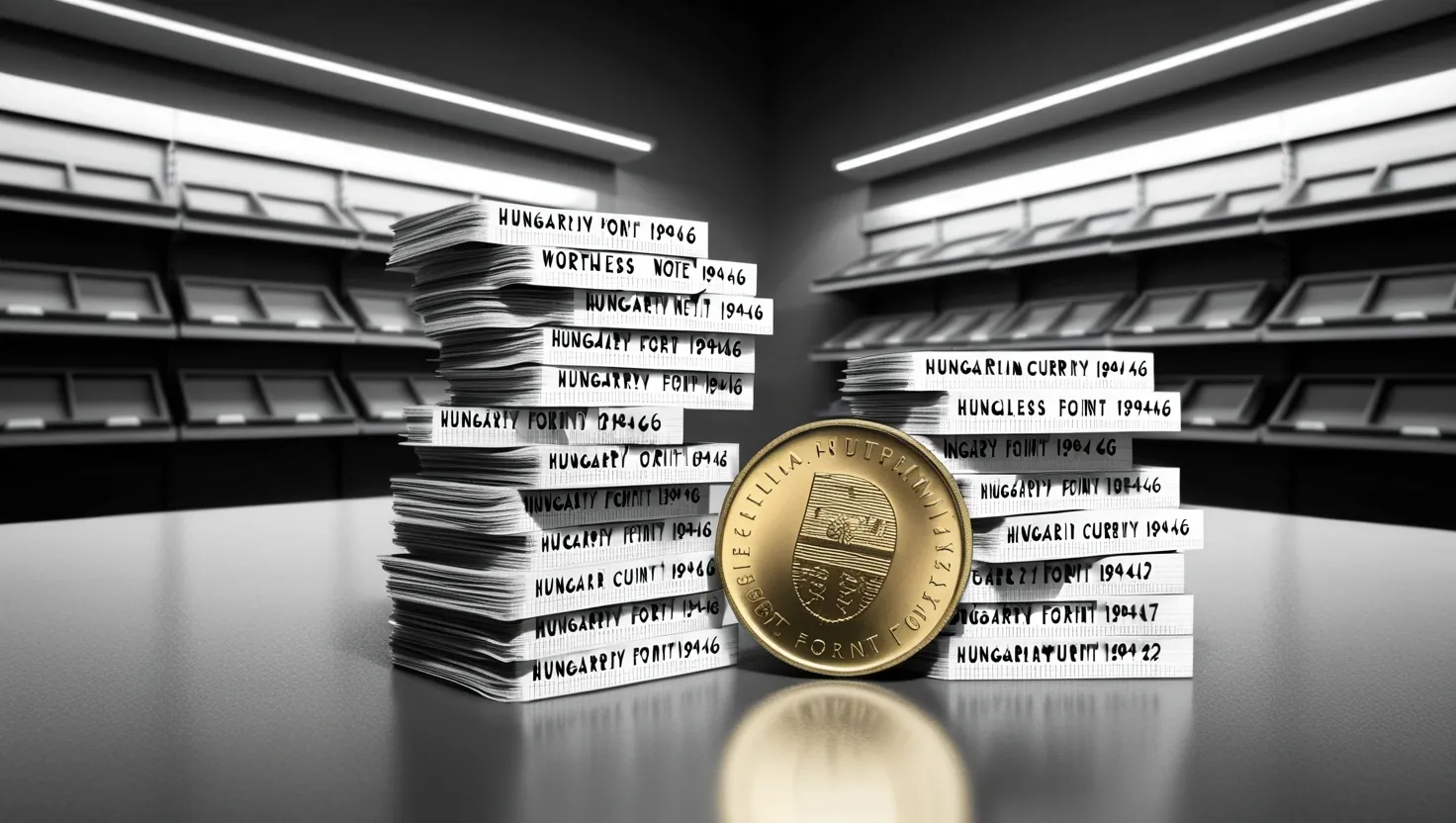When you think about building wealth, the first things that come to mind are often complex investment strategies, aggressive savings plans, and a relentless pursuit of higher income. However, there’s a simpler, yet profoundly effective approach that has been gaining traction: financial minimalism.
The Power of Less
Financial minimalism is more than just a trend; it’s a lifestyle choice that can lead to a more fulfilling and prosperous life. At its core, it’s about embracing the idea that “less is more.” This philosophy isn’t just about decluttering your living space; it’s about simplifying every aspect of your life, including your finances.
Imagine waking up in a clutter-free home, where every item serves a purpose and brings you joy. This sense of tranquility can extend to your financial landscape as well. By reducing clutter, you’re not just freeing up physical space; you’re also clearing your mental space. With fewer distractions, you can focus more on what truly matters – your long-term financial goals.
Intentional Spending
One of the key principles of financial minimalism is intentional spending. This means making purchases that are justified and beneficial, rather than impulse buys driven by comparison culture or mere desire. When you adopt this mindset, you’re in control of your spending. Every purchase is a deliberate choice, ensuring that you’re not wasting money on things that don’t add real value to your life.
For instance, before buying something, ask yourself if it’s worth the cost of your freedom. Time is money, and every purchase takes away from the time you could spend on more meaningful activities. This simple question can significantly change your spending habits and help you prioritize what truly matters.
Contentment Over Consumption
Contentment is a crucial element of financial minimalism. When you’re committed to being content with what you have, you avoid the trap of constant consumption. This discipline reminds you that you already have enough, and it shifts your focus from acquiring more stuff to achieving more meaningful goals, such as giving to others or setting up a sinking fund for your future.
I recall a friend who used to spend a significant amount on dining out and shopping. After embracing minimalism, she realized that these expenses weren’t bringing her the happiness she thought they would. Instead, she started saving that money and investing it in experiences that truly enriched her life, like traveling and learning new skills.
Simplifying Your Budget
A minimalist approach to finances also involves simplifying your budget. It’s about identifying your absolute expenses – the things you must pay to live your current lifestyle – and distinguishing them from your wants. This clarity helps you allocate your money more effectively.
For example, your absolute expenses might include rent, utilities, car insurance, food, and health insurance. These are the necessities that you cannot avoid. On the other hand, wants are things like dining out, movies, or luxury items. By prioritizing your needs over your wants, you ensure that you’re spending less than you make, which is the foundation of any successful financial plan.
Avoiding Lifestyle Creep
Lifestyle creep is a phenomenon where as your income increases, so does your spending. This can trap you in a cycle where you’re never really saving more, despite earning more. Financial minimalism helps you avoid this trap by encouraging you to spend intentionally.
When I got my first significant raise, I was tempted to upgrade my lifestyle – a new car, a bigger apartment, and more frequent dining out. But I realized that these upgrades wouldn’t bring me lasting happiness. Instead, I chose to invest that extra money in my future, ensuring that my financial security and independence were on track.
Decluttering Your Mindset
Decluttering isn’t just about physical space; it’s also about mental clarity. Financial minimalism involves aligning your core values with your financial actions. This means removing the voices that tell you to spend money on things that don’t bring you joy or satisfaction.
For instance, if getting your nails done every week isn’t something that brings you significant happiness, why spend $80 a month on it? That money could be saved or invested in something that truly matters to you. By decluttering your mindset, you make financial decisions that are in line with your values, leading to a more fulfilling life.
Learning and Growth
Continuous learning is another key aspect of financial minimalism. It’s about staying informed and adapting your financial strategies as you grow. This doesn’t have to be expensive; you can find plenty of free or low-cost resources like personal finance books from the library or online forums.
I’ve found that learning about personal finance and minimalism has been incredibly empowering. It’s helped me make better financial decisions and avoid pitfalls like lifestyle creep. By always being open to learning, you can refine your financial strategies and stay on the path to wealth.
The Freedom of Financial Independence
Financial minimalism is ultimately about achieving financial independence. When your monthly expenses are reasonable and your investments are sustainable, you have the freedom to live life on your own terms.
Imagine being able to retire 20 years sooner because you’ve managed to keep your expenses low and your savings high. This isn’t just a dream; it’s a reality for many who have embraced financial minimalism. By investing wisely and avoiding unnecessary expenses, you can build a nest egg that supports your lifestyle without the need for a full-time job.
For example, if you need $3,000 per month to live comfortably, you’d need around $900,000 in investments to support that lifestyle. This might seem daunting, but it’s achievable if you start early and remain disciplined. By cutting out unnecessary expenses and investing the difference, you can build wealth over time.
Conclusion
Financial minimalism is not just a strategy; it’s a way of life. It’s about simplifying your finances, being intentional with your spending, and aligning your financial actions with your core values. By embracing this philosophy, you can achieve a sense of peace and prosperity that goes beyond mere wealth.
It’s a journey that requires patience, discipline, and a clear understanding of what truly matters to you. But the rewards are well worth it – a life of abundance, freedom, and joy, all achieved through the simple yet powerful principle of “less is more.” So, take the first step today, and start simplifying your finances for a more fulfilling tomorrow.






